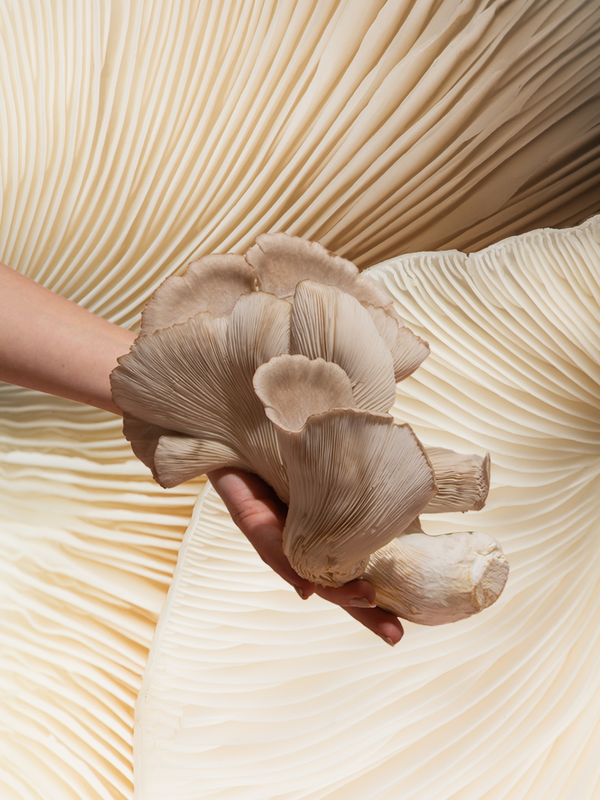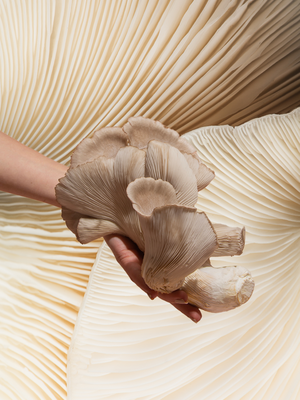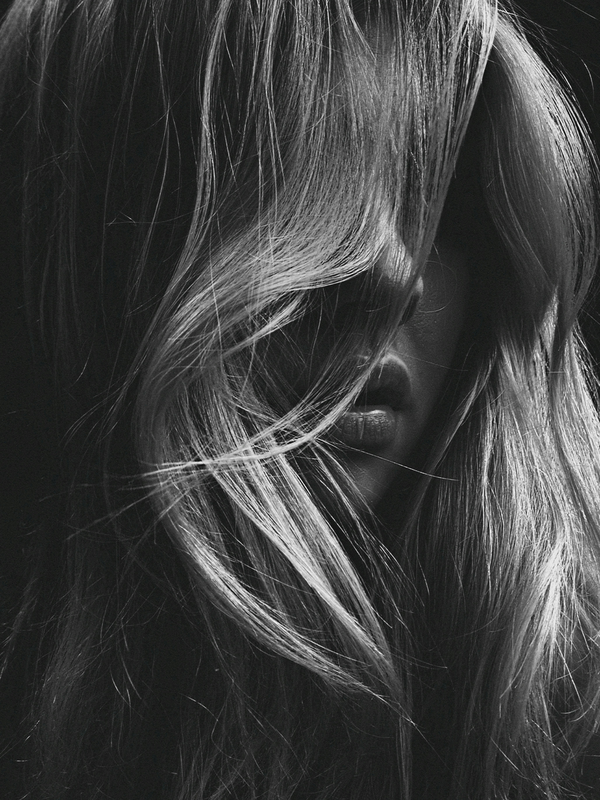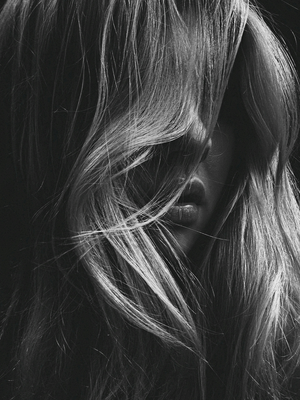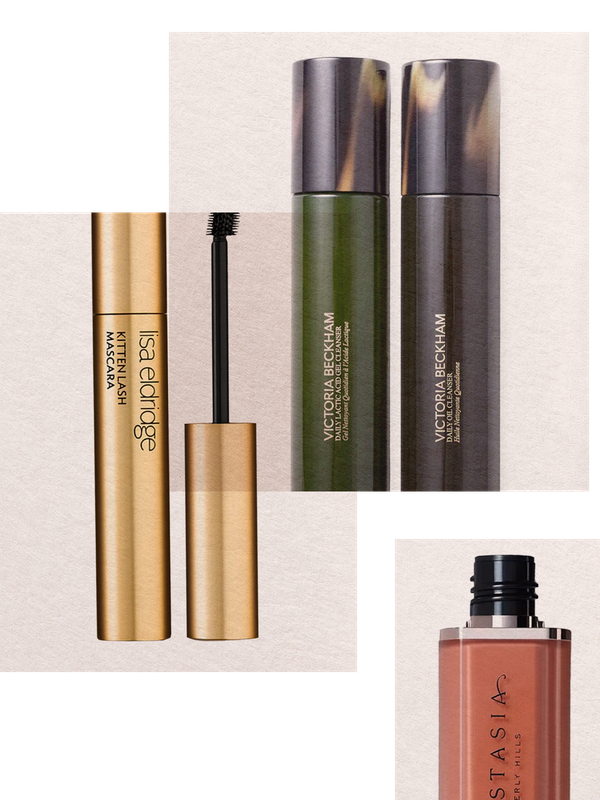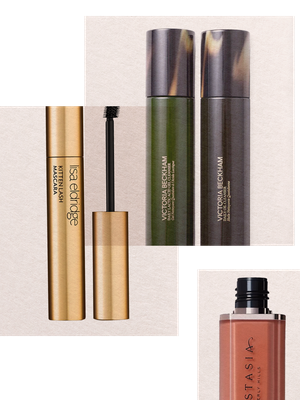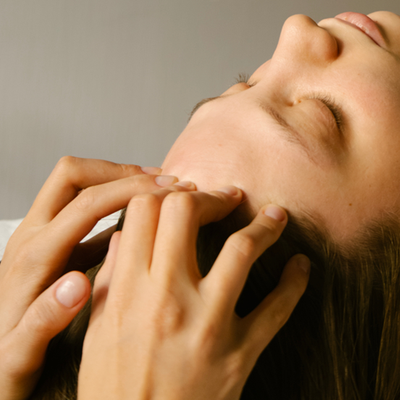
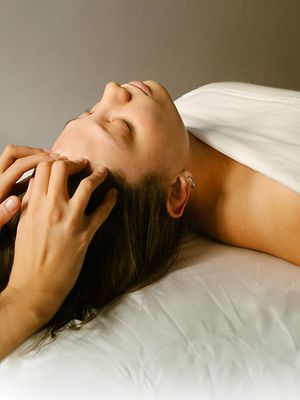
A Beginner’s Guide To Reiki
What is reiki?
Put simply, it is an energy-based healing therapy from Japan that is focused on enhancing your wellbeing. “Reiki offers a comprehensive approach to wellness, impacting the physical, emotional, and spiritual realms,” says Yulia Kovaleva, reiki master and founder of Re:Mind Studio in London. Its name combines two Japanese words: “rei” means universal and “ki” is the lifeforce of energy that occurs in all living things.
How does reiki work?
Although everyone’s experience will be unique, reiki is generally conducted on the whole body rather than individual areas. Reiki practitioners or masters, use delicate touch, or sometimes non-contact movements, to help gather and guide the energy in your body to a place of healing and balance. Although it’s often thought of as a therapy for those experiencing emotional imbalances, instability or blocks, it can also be useful for relieving aches and pains – because of the integral link between how we feel mentally and physically.
“Reiki offers a unique perspective on holistic health – it’s a total mind-body-soul experience,” says Sonia Rose, reiki master and founder of UMA TOUCH. “It’s all about easing physical discomfort, kickstarting your body’s natural healing powers and calming stress in the body. Emotionally, it’s like finding your inner stillness in the middle of a chaotic world. Spiritually, it’s like tapping into your inner reserve of power, levelling up your personal growth game, and finding that sweet spot of inner peace and harmony.”
Is reiki for everyone?
As a therapy to enhance your wellbeing, reiki is generally suitable for everyone. “It’s particularly beneficial for anyone feeling stressed or anxious, suffering chronic pain, experiencing insomnia and fatigue, irritability or lacking focus,” says Georgina Hemsley, founder of Hemsley Organics. “Reiki is also recognised by the NHS as a beneficial complementary therapy to support anyone going through cancer treatment.”
It can also be useful for anyone who feels stagnant and sluggish, either emotionally or creatively. “Reiki can provide you with a supportive spiritual and energetic cleanse – what many people call ‘spiritual hygiene’,” says Yulia. “It is a powerful tool for creative people, where it can help you get into the flow state and become a clear channel for receiving insights and inspiration.”
Before you start, it’s important to do your homework and check the credentials and training of the therapists you are interested in. Equally, if you have any medical concerns or are likely to be triggered by any element of the practice, consult your GP or healthcare professional first.
What should you know before you start reiki?
Set your expectations. A healing practice like reiki, which is essentially an exchange of energy, is very personal, so it will be a different experience for different people. While a friend’s session may focus on a broader energy cleanse, yours may be much more granular and lead you in a different direction. “It’s important to have an understanding of what reiki is before beginning a session, as well as an understanding with the practitioner of what you’re hoping to achieve from the session,” says Georgina. “The practitioner will become an extension of your energy, so it’s important that you feel comfortable and relaxed with them.”
What does a reiki session feel like?
During your session, you’ll remain fully clothed and either lie on a massage table or sit in a chair. Your practitioner will gently place their palms on or just above your body. Using a series of different hand positions, your therapist will then work over your body focusing on certain energy specific locations. The type of touch itself is non-manipulative and non-invasive. Typically, there is little to no talking during a session, so you may find yourself feeling deeply relaxed, daydreaming or even falling asleep.
“During a reiki treatment, it is not uncommon to feel sensations such as warm, cold, tingling, twitching, sleepy, a wave of emotions, or entering a meditative state,” explains Georgina. “Always remember that reiki is a gentle treatment, and if you do not feel sensations during a session, this does not mean the reiki is not working. Everyone is different and what one person may feel, another may not.”
How can you incorporate reiki into your wellbeing routine?
If you’re already a fan of holistic or alternative therapies, think of reiki in the same vein, as something you do to relax, reset or recharge. “I liken it to having a regular massage for your energy system,” says Sonia. “Just like you make time for your reformer Pilates, daily meditation, journaling, massage, facial or yoga practice, reiki is here to guide you back to yourself.”
If you’re unsure how to start building it into your routine, try habit stacking it with something else you already do. “A combination of sound and reiki is very powerful,” says Yulia. “Reiki healing meditations are another great way to bring it into your morning or evenings at home. Reiki is also the best tool for jet lag, so bringing it into my travel kit, seeking out local practitioners or self-practising is a must for me.”
How will you feel after your first reiki session?
Reiki is a very personal therapy, so it’s impossible to say how you will react to it or feel. While some people may feel nothing at all, some may find it a profoundly moving, therapeutic or energising experience. “You might feel super zen and relaxed, or maybe you'll instantly notice a more positive outlook on life when you leave,” suggests Sonia. “You may also feel very tired afterwards, especially if you have some tough inner work to do. Whatever you're feeling, it's all part of the transformative reiki magic.” If you are concerned by how you’re feeling after your session or are unsure of how to navigate through its impact, talk to your practitioner. “They can offer insights, support and guidance on how to integrate the reiki session’s effects into your daily life and wellbeing journey,” adds Georgina.
Is there evidence that Reiki works?
Although there is little scientific evidence to support specific health benefits, some small, preliminary studies have shown reiki can reduce blood pressure, improve sleep and, because it can trigger the body’s parasympathetic nervous system, lower anxiety and stress. It’s also worth noting that reiki is widely regarded as a complementary therapy, so is often advocated as an additional support to more mainstream medical care.
Who To See
UK Reiki Foundation is an invaluable resource to start your reiki journey.
Yulia Kovaleva at Re:Mind combines reiki with sound healing and breathwork.
Sonia Rose at UMA TOUCH fuses ancient and modern healing techniques.
Sarah Bradden uses a combination of acupuncture, reflexology, reiki and more.
Natalie Eve Roper practises healing bodywork with an Ayurvedic approach.
Liz King is a contemporary psychic who practises reiki for a spiritual take on
energy healing.
Reeya Avani specialises in reiki and crystal reading.
Georgina Hemsley specialises in Distance Reiki healing and baby Reiki.
DISCLAIMER: We endeavour to always credit the correct original source of every image we use. If you think a credit may be incorrect, please contact us at info@sheerluxe.com.
